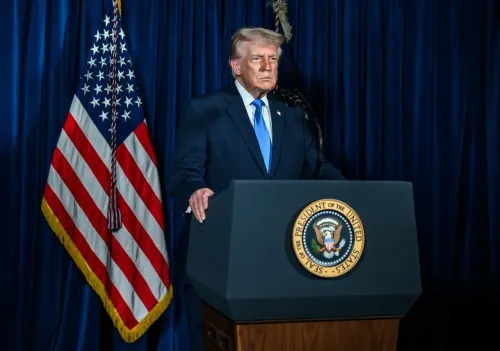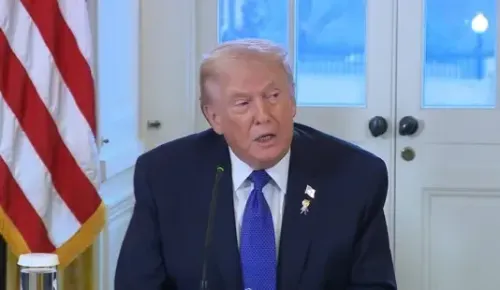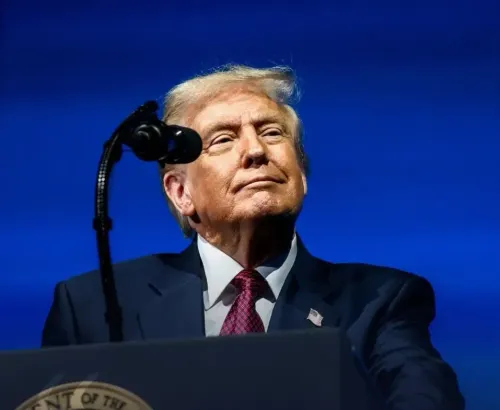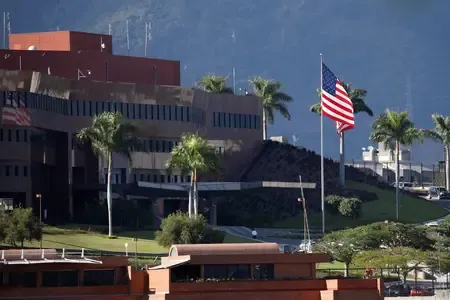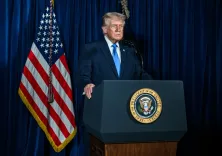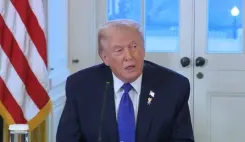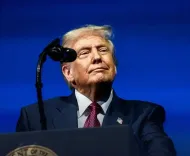Should South Korea Keep Dialogue Channels Open with North Korea?
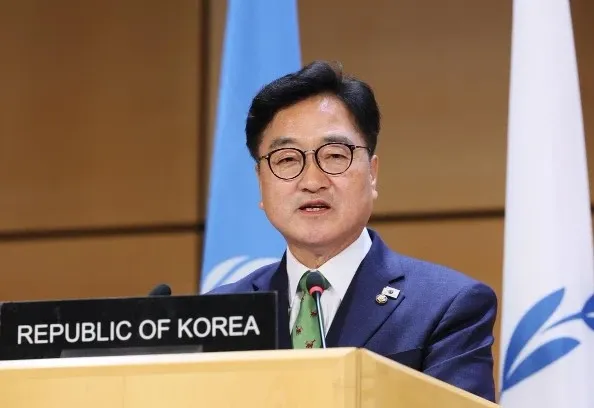
Synopsis
Key Takeaways
- Woo Won-shik advocates for open dialogue between South Korea and North Korea.
- Communication channels are vital even during tense relations.
- Efforts to halt propaganda activities aim to mend ties.
- Democracy in South Korea remains resilient amidst political crises.
- International cooperation is being pursued through parliamentary diplomacy.
Geneva, Switzerland, July 30 (NationPress) - The Speaker of South Korea's National Assembly, Woo Won-shik, emphasized on Wednesday that it is crucial to maintain communication channels between South Korea and North Korea, despite the current frayed state of inter-Korean relations.
His comments followed a statement from Kim Yo-jong, the influential sister of North Korean leader Kim Jong-un, who dismissed South Korea's attempts to initiate dialogue while President Lee Jae Myung aims to resume discussions to alleviate military tensions and enhance bilateral relations.
During his keynote address at the sixth World Conference of Speakers of Parliament held in Switzerland, Woo stated, "Regardless of the challenges, channels for dialogue must remain active."
He noted that both Koreas have ceased loudspeaker broadcasts, propaganda leaflets, and balloon launches filled with waste, which previously symbolized hostility and confrontation.
Woo expressed optimism that the emerging "small peace" along the inter-Korean border could develop into a "greater peace" on the Korean Peninsula, ultimately contributing to global harmony, as reported by Yonhap News Agency.
Since the inception of the Lee administration last month, there has been a suspension of loudspeaker broadcasts at the border, and civic organizations have been encouraged to stop anti-Pyongyang leaflet campaigns to help mend strained relations.
In his address, Woo also underscored the resilience of South Korean democracy amid a political crisis triggered by former President Yoon Suk Yeol's attempted martial law in December.
"South Korea has shown that democracy strengthens through the active engagement of its citizens and the accountable role of parliament," he said.
On the margins of the conference, Woo held separate meetings with his Japanese and Singaporean counterparts, Fukushiro Nukaga and Seah Kian Peng, to explore avenues for enhancing parliamentary diplomacy and cooperation.
Although Pak In-chol, chairman of North Korea's Supreme People's Assembly, attended the conference, a meeting between Woo and Pak reportedly did not occur.


